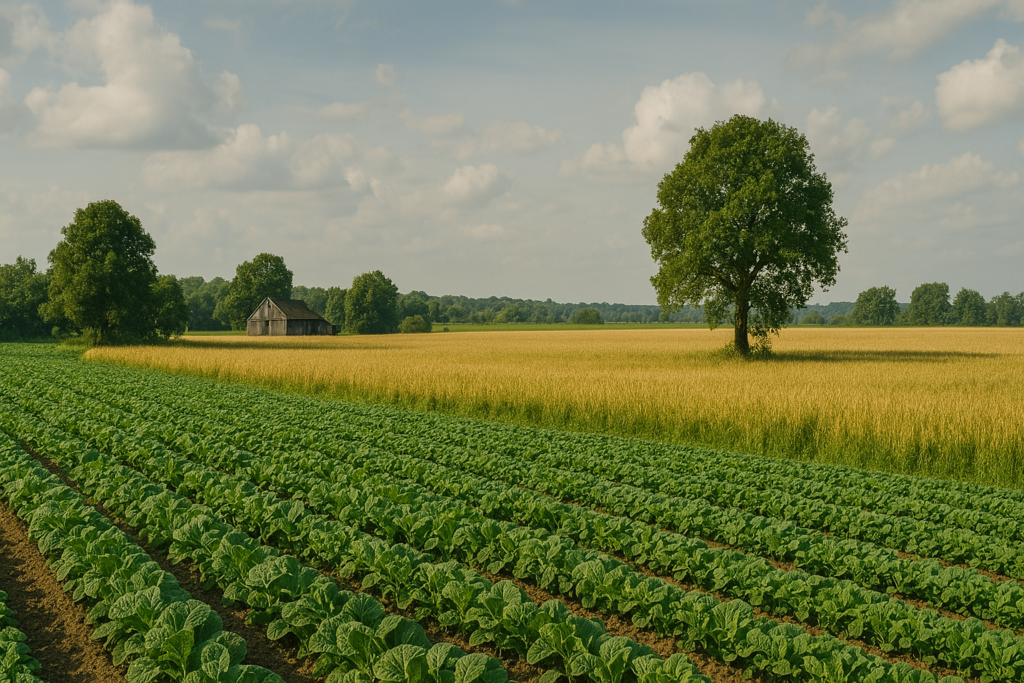
Sunflower losses are a symptom of chemistry, not “just white rot”
Greening agro is not a fad, but a reaction to the fact that excess nutrients are becoming a source of soil and water pollution, and biodiversity loss.
As the world rapidly turns the pages of agricultural history, organic farming continues to grow steadily through the cracks of the old system. March 2025 brought a series of news events that either strengthened faith in an ecological future or exposed the complex undercurrents of the industry. Below are the main events that happened.

The European Commission has approved a new funding programme for farmers converting to organic farming. The €4.6 billion package is designed to support farmers over five years. The main goal is to achieve 30% organic production in the EU agricultural sector by 2030. This has led to a boom in demand for organic seeds and certified biopreparations.
According to the Ministry of Agrarian Policy of Ukraine, the volume of organic product exports in the first three months of 2025 increased by 27% compared to the same period in 2024. Organic berries, flax and buckwheat became especially in demand. The EU and Japan are the main sales markets. At the same time, Ukrainian farmers are faced with a shortage of certified laboratories for analyzing pesticide residues.
In March, a scandal erupted in South America: more than 40 farms in Argentina were suspected of using fake organic certificates. This undermines trust in the global market and highlights the need for increased control by certification bodies.
French startup AgroBiotik has unveiled a prototype biodrone that sprays microorganisms to restore soil. The device is capable of operating autonomously, reducing the need for heavy machinery. Initial tests have shown a 15% increase in humus content within two months.
A study by FiBL (Swiss Research Institute for Organic Agriculture) showed that in 2025, for the first time, the number of farmers under 35 in the organic sector increased by 19%. This indicates a new wave of interest among young people in sustainable agribusiness.
Organic farming is not just a trend, but a response to the challenges of our time: soil degradation, climate change, the demand for safe food. However, as in any fast-growing industry, there are temptations here – to bypass the rules, to simplify the path, to neglect quality. The future of organics is in the balance: between innovation and ethics, demand and responsibility, idea and reality.

Greening agro is not a fad, but a reaction to the fact that excess nutrients are becoming a source of soil and water pollution, and biodiversity loss.

Digestate with biochar and glauconite is an innovative organo-mineral composite for reducing nutrient losses, prolonged plant nutrition, and increasing soil fertility.

Soil degradation and water pollution are increasingly merging into a combined environmental crisis, especially in arid and post-industrial regions.